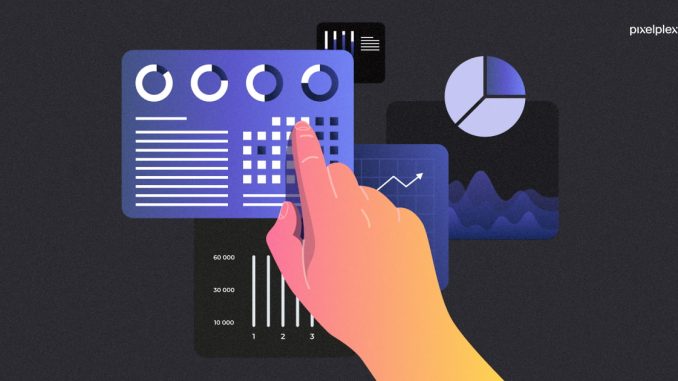
In today’s world, businesses just have too much information. Every kind of information under the sun comes separately into them and flows back out individually. Using to its best effect all of this data can change a company’s strategy, lead to a completely new approach in marketing, or enable explosive growth. Welcome to the world of data driven decision-making (DDDM) where big data plays a leading role in shaping the future of business.
Big Data Explained
At heart, data driven decision making is based on using data to determine business strategies rather than intuition or gut feelings. This is grounded on the belief that data is the source of objective truths, which lead to good decisions. With the advent of Big Data—huge amounts of structured and unstructured information from all sorts of sources–companies today have tremendous opportunities to analyze and act upon this treasure-trove.
The Role of Big Data in Corporate Growth
Big Data refers to the vast array of data that is collected, stored, and statistically analyzed for patterns and insights. For businesses such data is raw material that sets them apart from others. The following explains how by using big data a company can achieve rapid business growth:
Better Understanding of Customers: Through big data analysis, businesses can gain deeper insights about their customers. From purchasing patterns to how people interact with social media or many other sorts of behaviour based knowledge, corporations can build intricate profiles on behalf of their customers. With these profiles comes increased marketing accuracy aimed right at a specific market segment, more satisfactory customer service and merchandising that meets customers’ real needs.
Streamlining operations: Data-driven insights can eliminate waste and increase efficiency. For instance, predictive analysis can simply predict how much demand exists in the future hence what inventory levels would be more logical to carry in anticipation of it.
Operational data exposed could also tell us where efficiencies are needed can offer the company a chance to streamline processes and make less expensive again.
Key Decision-Making: Strategic planning is based on decision making which is data-driven. Industry trends, an understanding of business intelligence and being aware how the current situation looks within are all sources for you, as a business executive to make better informed decisions out on growth or product direction, right down to where you should position yourself in the market.
Big Data Discovery: Can help find and fix risks
This is how financial institutions utilize data analysis to catch fraud.
Predictive care lets equipment manufacturers predict when machines are about to fail, avoiding costly downtime-Further Innovation In New Product Development: Information-driven innovation Encourages creativity while businesses can make practical use of data-driven services by employing customer feedback and Offer matching upmarket items to unmet needs in turn. This sort of business ethos-lends naturally to continuous improvement and meeting changes in the marketplace.
Putting Data-Driven Strategies into Practice
In order to use big data effectively for business expansion, businesses must take a systematic approach.
Invest in the Right Tools: Bring in advanced analysis tools and platforms that can handle large data sets with actionable intelligence. Tools like Hadoop, Spark and various machine learning frameworks are of enormous help in carrying out complex data analysis tasks.
Build a Data-Driven Culture: Create a culture that depends on data rather than intuition for making decisions. This requires training employees how to use data effectively and encouraging an environment where data-driven insights are valued.
Evaluating Data Quality: Reliable conclusions rest on high-quality, reliable data. Put systems in place for data cleaning, validation, and integrity. Then you can make sure that any analysis you want to do is based on quality information.
Data Privacy and Security: Now that many kinds of data are being used more and more, it is necessary to pay attention to its security. In order to avoid leaks, ensure privacy and controls for data – and so as not to break the law-you also need to respect standards.
Continuity of Monitoring and Adoption: Being data-driven in decision making is a process, not an event. Regularly follow performance measures so as to keep the latest strategies in step with new findings and New marketplace conditions.
In Conclusion
Decision-making that is data-driven and powered by big data is changing how businesses operate and how they grow.
Thanks to this rapidly growing store of information at companies ‘ disposal, they can learn more about the behavior of their customers, with ever-finer-tuned operations and strategic moves. Big data integration opportunities The importance will only become greater in the future for business competitors as technology continues to develop. But to really make use of big data’s potential – to gain growth and efficient innovation – you must embrace it.
Leave a Reply